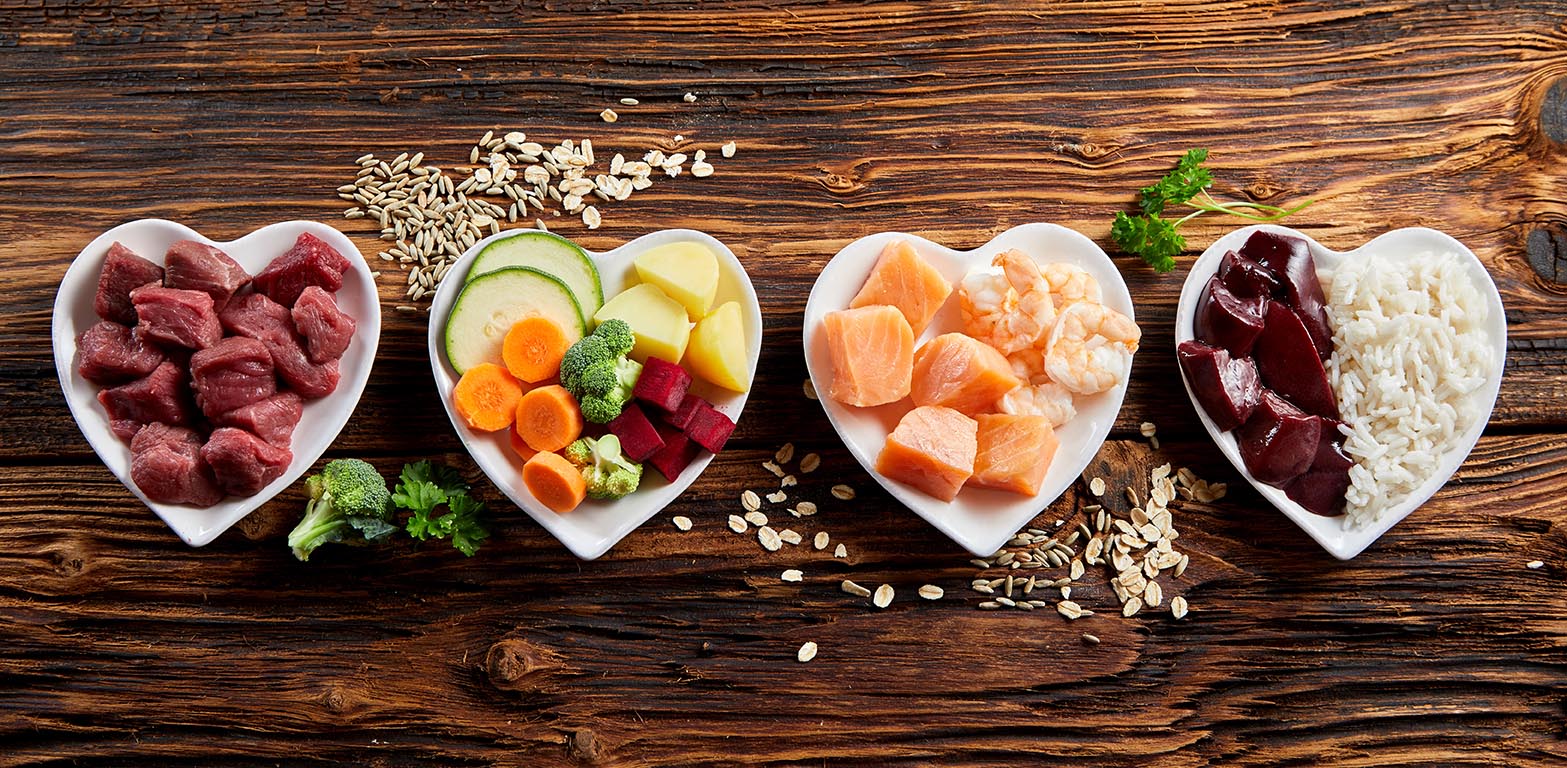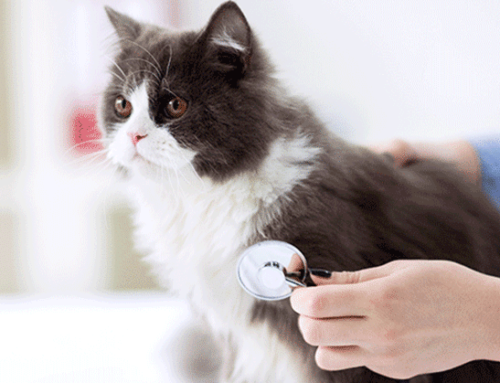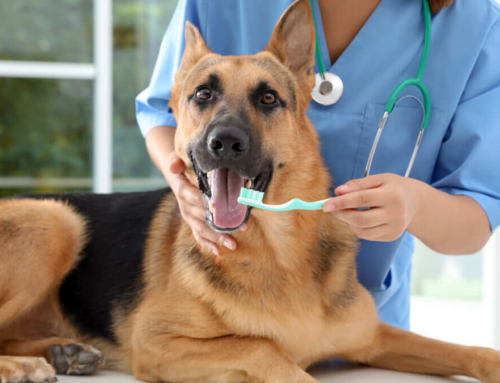In an age where new cuisines and diets are becoming the talk of the town, the food industry for animals is also coming up with new diets.
Choosing the right diet for them is crucial for their growth and well being. While there are numerous types of diet, there is never one diet that is the best; but more importantly, to know what the advantages and disadvantages of each diet are.
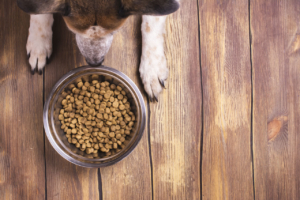 The first diet we will talk about is the food products that many people purchase from the pet store. While those brands are also seen in clinics, like Royal Canin or Prescription Hills, the food in the pet stores will not be sold in the clinic. The reason for this is because clinical food is studied and advised by veterinarians, while the food at pet stores are not researched at all. As such, the food at pet stores tends to be of lower quality and may not provide the health benefits that the bags may state. A few products in pet stores are of higher qualities; as such, research must be done on specific brands to determine whether they are helpful to the health of your animal or not.
The first diet we will talk about is the food products that many people purchase from the pet store. While those brands are also seen in clinics, like Royal Canin or Prescription Hills, the food in the pet stores will not be sold in the clinic. The reason for this is because clinical food is studied and advised by veterinarians, while the food at pet stores are not researched at all. As such, the food at pet stores tends to be of lower quality and may not provide the health benefits that the bags may state. A few products in pet stores are of higher qualities; as such, research must be done on specific brands to determine whether they are helpful to the health of your animal or not.
As stated above, the pet food sold in clinics, like brands Royal Canin and Prescription Hills, are tested and verified by veterinarians to help and prevent specific health issues for animals. Thus, these products in the clinic are never sold in pet stores as they require the veterinarian to diagnose an issue to sell the product. These products generally help with the following pet health issues: diabetes, urinary, digestive, dental, allergies, and kidney issues. If your pet has an issue or if you want a high-quality food product that has been verified by veterinarians, then buying food at a clinic is the way to go.
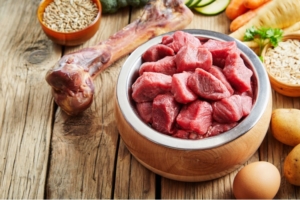 Another diet for pets is a raw diet. A raw diet consists of giving your pet meat products that one may buy at the grocery store, cooking it at home and giving it as food to the pet. There have been many debates on whether this diet is beneficial to pets or not. Some stated advantages include improved digestion, better dental hygiene, stronger immune, better coat, and better muscle tone. While some stated disadvantages include: increase chance of parasites, intestinal blockages, broken enamel, inflammation of the intestines, and organ issues. Since there are so many arguments about whether raw diets are right for an animal or not, the most important thing is to know the advantages and disadvantages of this diet and to consult your veterinarian whether your pet should be on a raw diet or not. While, there is a heated debate on this specific diet, the most important thing is to know to deworm your pet regularly to prevent parasites from the raw food infecting your animals, and to thoroughly cook the raw food with as little seasoning as possible.
Another diet for pets is a raw diet. A raw diet consists of giving your pet meat products that one may buy at the grocery store, cooking it at home and giving it as food to the pet. There have been many debates on whether this diet is beneficial to pets or not. Some stated advantages include improved digestion, better dental hygiene, stronger immune, better coat, and better muscle tone. While some stated disadvantages include: increase chance of parasites, intestinal blockages, broken enamel, inflammation of the intestines, and organ issues. Since there are so many arguments about whether raw diets are right for an animal or not, the most important thing is to know the advantages and disadvantages of this diet and to consult your veterinarian whether your pet should be on a raw diet or not. While, there is a heated debate on this specific diet, the most important thing is to know to deworm your pet regularly to prevent parasites from the raw food infecting your animals, and to thoroughly cook the raw food with as little seasoning as possible.
Like humans, animal diets are a huge and vast topic that is discussed every day and there are always arguments for and against each diet. While having an opinion is important, the main thing in terms of animal diets is to understand the benefit and risk of each specific diet and product and to tailor the food given to your animal specifically to their needs and well being.

